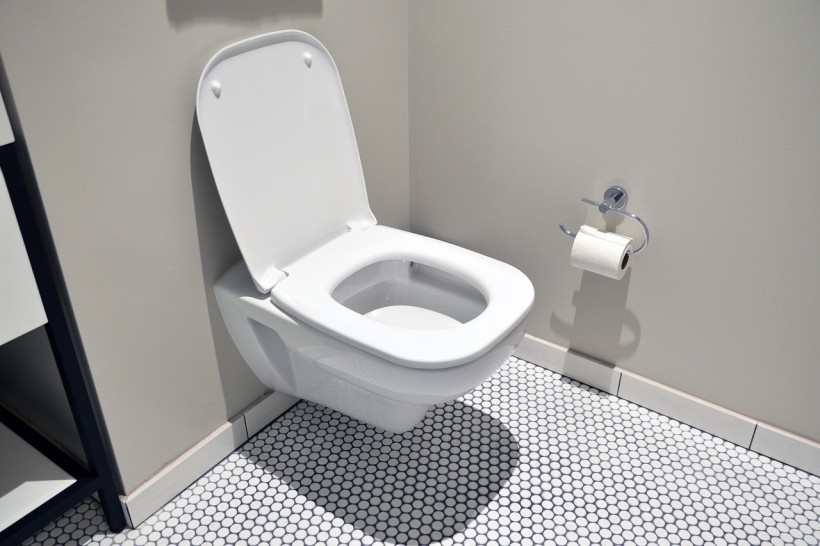Although it is not usually discussed, the changes in our stool's appearance should be considered. A change in the color and consistency of stool could be a sign of an underlying problem, but not always.

For instance, floating stools can result from a healthy, high-fiber diet but can also be due to serious health conditions. Understanding the possible causes of floating stools can help a person determine when to seek medical attention.
Floating Stool and Cancer
Floating stool is usually harmless and may only indicate the presence of too much gas in the intestines. The stools will most likely return to their normal state without any treatment, but in rare cases, floating stools can be associated with pancreatic cancer.
According to the American Cancer Society, floating stools may be an early symptom of pancreatic cancer. This condition involves the formation of carcinoma that arises from the duct cells of the pancreas, a glandular organ behind the stomach. It arises when the cells multiply out of control and form a mass. This condition usually does not show any symptoms until the disease is in its advanced stage.
When the pancreatic cyst or tumor on the stomach or the small intestine blocks the digestive entrance, it may lead to pressure and cause pain. As the tumor grows, it can wrap around the end of the stomach and cause a partial block, leading to difficulties such as indigestion and diarrhea.
The enzymes in the pancreas are responsible for the digestion of fatty foods. If a tumor blocks the pancreatic duct, the intestines will not have enough pancreatic juices. Failure to make enough enzymes, such as exocrine pancreatic insufficiency (EPI), will cause the fat to remain in the intestines.
This condition can lead to poor absorption and diarrhea since the undigested food passes quickly through the digestive tract. When this happens, stool can become loose, watery, and foul-smelling. The stools may also float because of the high-fat content. In addition, they will also appear light-colored and oily.
READ ALSO: Poop Clues: What Fecal Texture Tells About Your Liver Health
Other Causes of Floating Stools
Other medical conditions may cause the stool to float. Another way to break down fat is with bile acid. The liver produces bile, which is released into the small intestine. When there is not enough bile from the liver, the digestive system cannot digest all the consumed fat. The extra fat will end up in the stools and may cause them to float.
Celiac disease can also be blamed for floating stools. This condition involves damage to the small intestine, which hinders its ability to absorb fats and other nutrients. The absorption of fats can also be affected by gastrointestinal infections such as giardiasis caused by a parasite in the intestine. In Whipple's disease, on the other hand, an infection caused by bacteria interferes with the ability of the digestive system to digest fats and carbohydrates. Just like in pancreatic cancer, extra fat from these infections can end up in the stool, causing it to float.
RELATED ARTICLE: Does Black Stool Cause Death? Here's What Experts Say
Check out more news and information on Stool in Science Times.




![Earth's Quasi-Moon Kamo‘oalewa Could Originate From Lunar Surface Not Asteroid Belt [Study]](https://1721181113.rsc.cdn77.org/data/thumbs/full/53275/89/56/50/40/earths-quasi-moon-kamo-oalewa-could-originate-from-lunar-surface-not-asteroid-belt-study.png)









